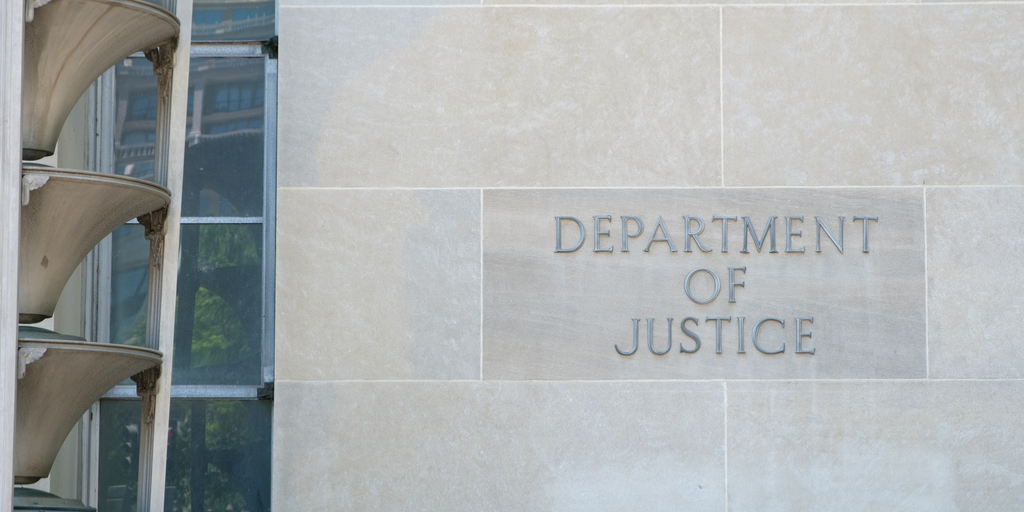Process Crimes and the Mueller Investigation
In the Washington Post, former Assistant US Attorney Randall Eliason argues that “Trump supporters” are wrong when they dismiss the large number of Robert Mueller’s prosecutions as mere “process crimes.” Eliason claims that perjury, 1001 violations for lying to a government official, and other process crimes are serious matters. When the subject of an investigation lies, they interfere with an important investigation that should be protected. Prosecuting those process crimes therefore serves an important purpose.
While Eliason frames his column mainly in partisan terms, with Republicans dismissing prosecutions for process crimes, this is unfortunate. The problem is more general. President Bill Clinton was impeached for a process crime and some of his defenders decried this fact. To avoid excessive partisanship, Eliason should have gone out of his way to note that this occurs with both parties. But it is hardly news that partisanship lives at the Washington Post.
I agree with Eliason that process crimes are serious matters. And to the extent that the Mueller has successfully prosecuted such crimes, that reflects badly on the persons who committed these crimes. But Eliason ignores the strongest reason why people seem to denigrate mere process crimes.
Many commentators view the prosecutions by the Mueller probe as evidence of wrongdoing by the Trump campaign or his administration. But this will not necessarily be the case if the process crimes occur as a result of the investigation. If the process crimes occur as a result of the investigation, they do not indicate that the Trump campaign or administration had engaged in previous wrongdoing.
Indeed, many people believe that the launching of the Muller investigation was not justified based on the scant evidence at the time of Trump campaign collusion with Russia. The misdeeds involving Fusion GPS and the FBI provide some support for this criticism. So does the fact that the appointment of Mueller did not conform to the Justice Department Regulation governing the appointment of special counsels (which allowed for only criminal investigations, not counterintelligence investigations). These people will not be moved by the existence of crimes that occurred after the Mueller investigation began.
In sum, one need not believe that process crimes are unimportant to conclude that they do not necessarily constitute evidence of wrongdoing by the Trump campaign or administration. To the extent that he ignores this aspect of the critique of process crimes, Eliason is attacking a straw man.
